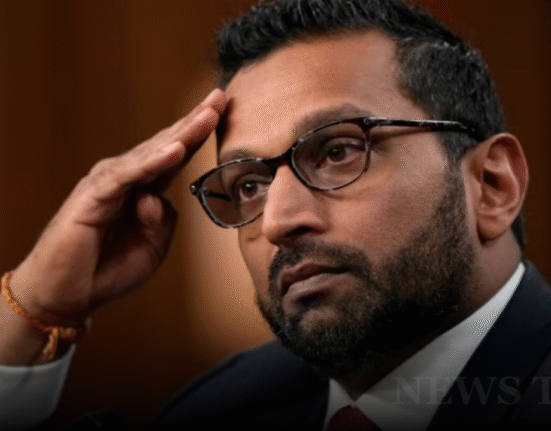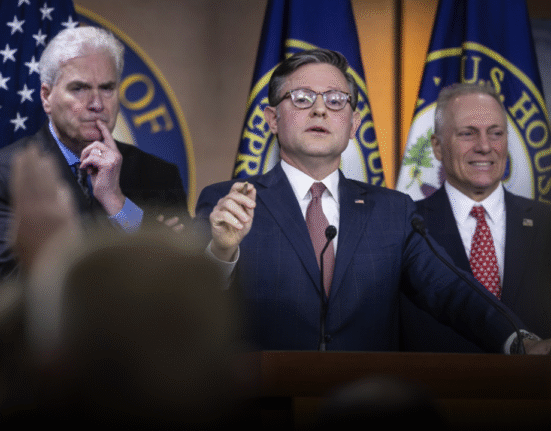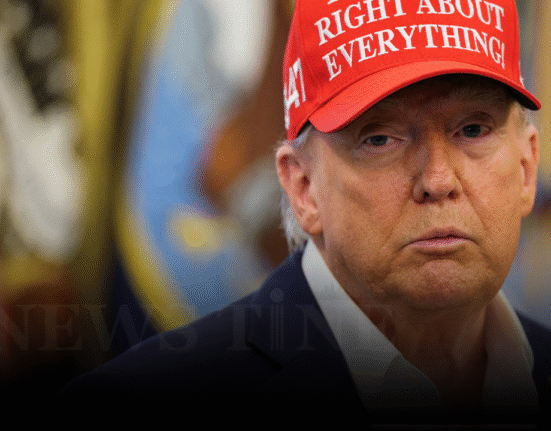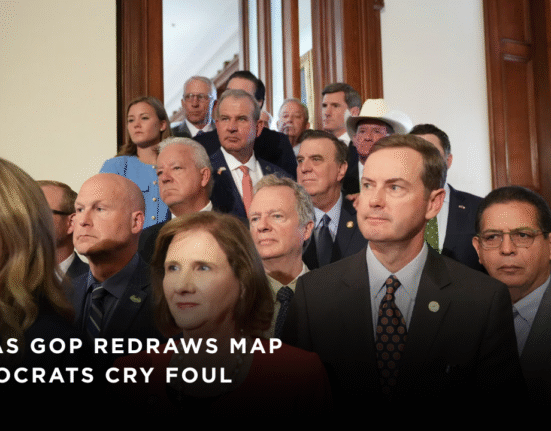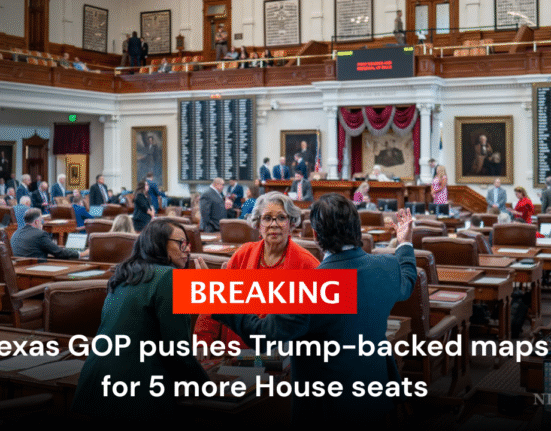
Controversial DOJ Grant Cancellations Lawsuit Ends with Judge Calling Cuts “Shameful”
In a country that has long struggled with gun violence, hate crimes, and substance abuse, federal grants have become vital lifelines for community-based organizations. That’s why, when the Trump-era Department of Justice suddenly canceled millions of dollars in grant funding to anti-violence groups, five nonprofits took legal action. This DOJ grant cancellations lawsuit has now hit a frustrating legal roadblock — and it’s making waves nationwide.
Federal judge Amit P. Mehta, in a ruling released Monday, acknowledged that the actions of the DOJ were deeply troubling. In fact, he called them “shameful.” But despite his clear disapproval, Judge Mehta said he simply did not have the authority to reinstate the grants or halt the cuts.
Let’s break down what happened, who it affected, and why this lawsuit has so many people fired up.
The Background: How the DOJ Grant Cancellations Came About
On April 22, 2025, the Department of Justice sent sudden termination notices to hundreds of organizations receiving support through the Office of Justice Programs (OJP). These grants were meant to:
- Combat gun violence
- Address hate crimes
- Prevent substance abuse
- Support youth justice initiatives
The reason for the cancellations? According to the DOJ, the grants no longer aligned with its “current priorities.”
New DOJ Focus
In a public statement, the DOJ outlined its updated focus:
- Direct support to law enforcement
- Combatting violent crime more aggressively
- Protecting American children
- Supporting victims of trafficking and sexual assault
While these are certainly worthy goals, critics argue the changes came at the expense of frontline organizations already doing critical work.
The Lawsuit: Five Nonprofits Take a Stand
Filed on May 21 in the U.S. District Court for the District of Columbia, the lawsuit challenged the legality of these cancellations. The plaintiffs included:
- Vera Institute of Justice (Center on Youth Justice)
- Center for Children & Youth Justice
- Chinese for Affirmative Action
- Stop AAPI Hate
- Force Detroit and Health Resources in Action
Their argument: The DOJ’s decision was arbitrary, unjust, and exceeded the department’s legal authority. Nick Turner, President of Vera, said:
“These grants were terminated abruptly and callously. The damage to public safety is real and preventable.”
Democracy Forward Speaks Out
Skye Perryman, CEO of Democracy Forward (which helped file the lawsuit), echoed this concern:
“The sudden and unlawful termination of these grants makes neighborhoods everywhere less safe.”
But despite the emotionally charged case, the legal outcome wasn’t what plaintiffs had hoped.
Judge Mehta’s Decision: Harsh Words, No Injunction
In a rare moment of judicial frankness, Judge Mehta wrote:
“The defendants’ rescinding of these awards is shameful. It is likely to harm communities and individuals vulnerable to crime and violence. No federal agency, especially the Department of Justice, should conduct itself in such manner.”
However, Mehta ruled he lacked the jurisdiction to block the DOJ’s actions. The lawsuit, he said, belonged in the Court of Federal Claims — a forum designed for contractual disputes.
So, despite condemning the DOJ’s decision in no uncertain terms, the court could not reverse the grant terminations.
What Was Lost: Real-World Impacts
The cuts affected programs that directly supported:
- Victims of hate crimes
- At-risk youth in underserved neighborhoods
- Community-led efforts to reduce gun violence
- Initiatives addressing Asian American and Pacific Islander (AAPI) discrimination
| Organization | Program Focus | Estimated Loss |
|---|---|---|
| Vera Institute | Youth justice programs | $4 million |
| Stop AAPI Hate | Hate crime response | $2.2 million |
| Force Detroit | Anti-gun violence initiatives | $1.8 million |
These are not just numbers on a spreadsheet — they represent real lives impacted, programs halted, and communities left more vulnerable.
DOJ’s Defense: A Contractual Matter
Outside the courtroom, DOJ officials maintained that the grant terminations were administrative decisions. Their stance:
- These were contractual agreements, not legal entitlements.
- Terminations were within their discretionary powers.
- The grants failed to support the DOJ’s new crime-fighting philosophy.
Their argument worked — procedurally, at least.
Broader Implications: Politics, Justice, and Priorities
The lawsuit reflects deeper questions:
- Should politics influence public safety funding?
- Can federal agencies change priorities midstream?
- What protections exist for nonprofits relying on government support?
This isn’t the first time the Trump administration faced lawsuits over funding cuts. And it probably won’t be the last.
Personal Reflection: Justice Shouldn’t Feel Optional
As a writer and citizen, I found Judge Mehta’s honesty refreshing — and frustrating. His ruling underscored something painfully true: even when actions are clearly wrong, there isn’t always a legal remedy.
And let’s be real. If you yank funding from groups fighting hate and violence, you’re not just changing priorities — you’re rewriting the nation’s safety net.
What Happens Next?
- The plaintiffs may appeal the decision.
- DOJ could face more scrutiny from Congress or advocacy groups.
- Communities must now scramble to fill service gaps.
In the meantime, public awareness remains crucial. As citizens, we should be asking hard questions about how justice is funded — and who pays the price when it’s not.
A Sad Day for Justice — But the Fight Isn’t Over
The DOJ grant cancellations lawsuit may not have ended with a courtroom victory, but it has sparked a larger conversation about fairness, transparency, and community safety.
For those affected, the ruling is undoubtedly discouraging. But as Judge Mehta made clear — even when his hands were tied — the decision was morally indefensible.


